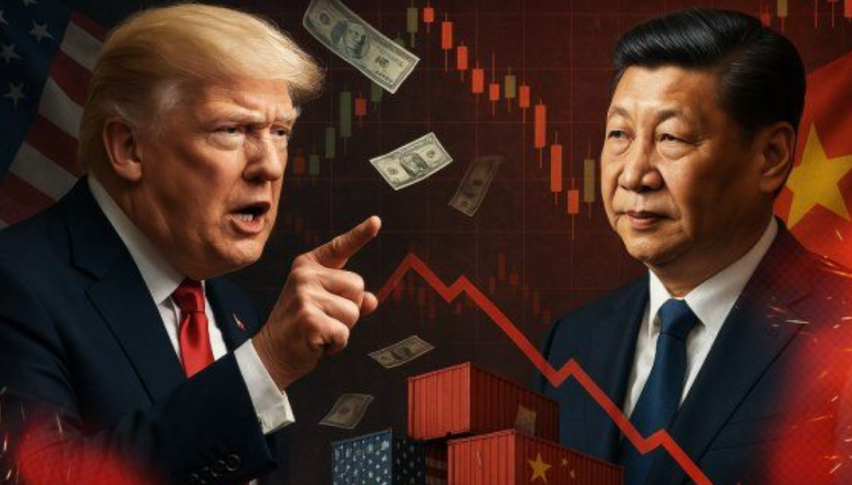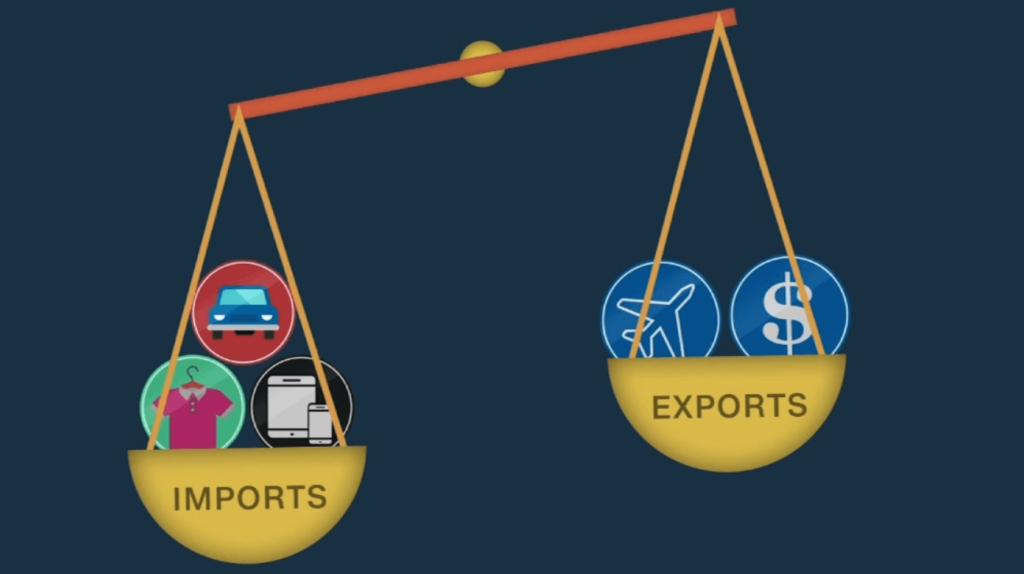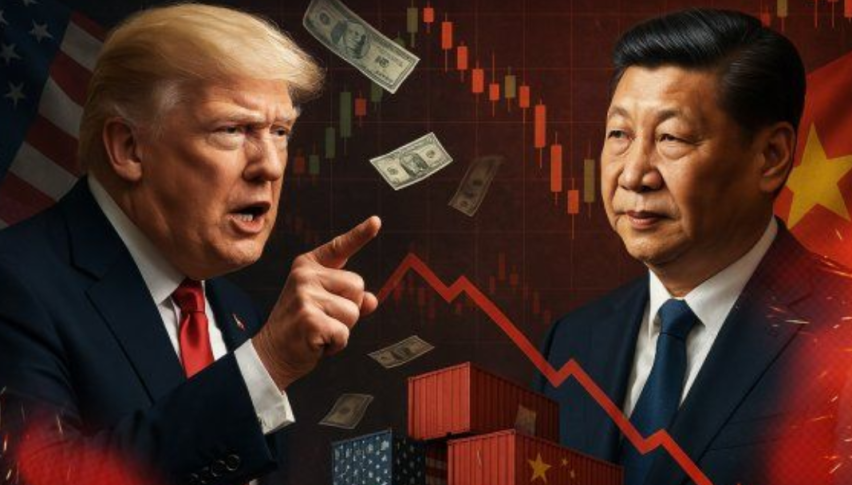Preliminary Deal Between U.S. and China: Tariff Truce Extended
Both nations view the extension of the truce as a way to prevent the imposition of new tariffs or unilateral measures.

Quick overview
- The U.S. and China have agreed to extend their tariff truce for three more months to facilitate ongoing negotiations.
- High-level discussions are set to continue in Stockholm, focusing on trade issues and China's role in fentanyl precursor supply.
- President Trump expressed optimism about nearing a new trade agreement while emphasizing the need for fair European tariffs.
- China insists that any agreement must be based on equality and mutual respect, highlighting the importance of strategic cooperation.
The world’s two largest economies have agreed to extend their tariff truce for another three months, offering a new window for negotiations in a trade conflict that officially began six months ago.

The extension, confirmed Sunday by Chinese state media, aims to avoid the expiration of the original agreement set for August 12.
The move follows high-level discussions between Washington and Beijing. On Monday, both delegations will meet in Stockholm for a fresh round of talks, following earlier sessions in Geneva and London. While those focused on export-related issues, this new stage is expected to include discussions around China’s role in the supply of chemical precursors used to produce fentanyl—a top concern for the U.S. administration.
Trump: “We’re Close to a Deal”
Speaking from Scotland, where he is meeting with European Commission President Ursula von der Leyen, President Donald Trump said the U.S. and China are “close” to signing a new trade agreement. However, he warned that he will not accept deals with European tariffs below 15%.
Trump praised his June 5 phone call with Chinese President Xi Jinping, describing it as a turning point that created a more relaxed climate between the two countries. He also mentioned the possibility of a future in-person summit, though Beijing has yet to confirm.
While China has remained vague about the specific goals it will bring to the table, it reiterated that any agreement must be based on “equality, mutual respect, and reciprocity.” For Beijing, this bilateral mechanism remains essential for promoting strategic cooperation without unilateral pressure.
Both nations view the extension of the truce as a way to prevent the imposition of new tariffs or unilateral measures that could reignite the conflict. Despite deep-rooted differences, the decision keeps the door open for continued dialogue.
- Check out our free forex signals
- Follow the top economic events on FX Leaders economic calendar
- Trade better, discover more Forex Trading Strategies
- Open a FREE Trading Account
- Read our latest reviews on: Avatrade, Exness, HFM and XM
